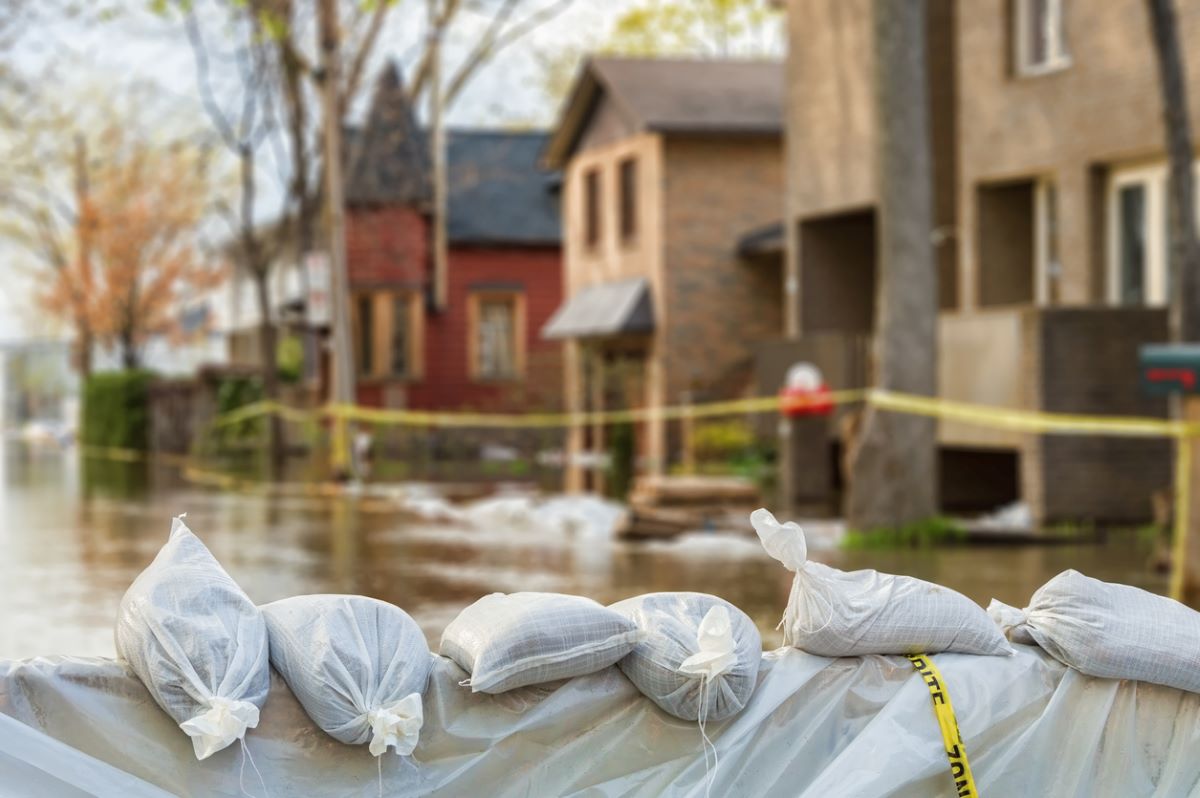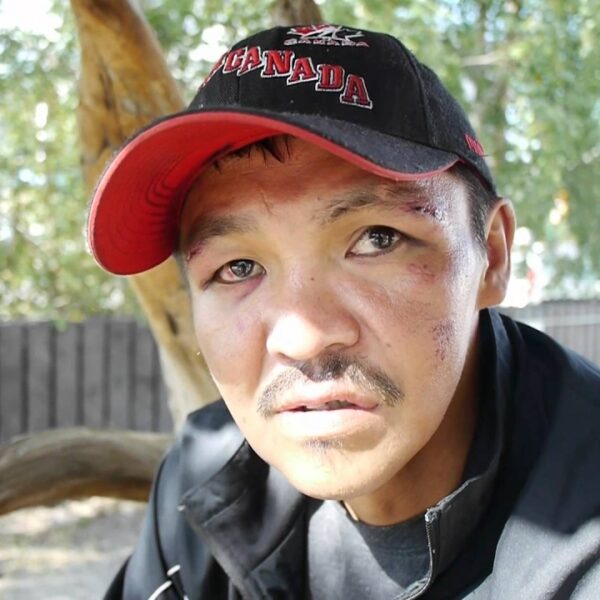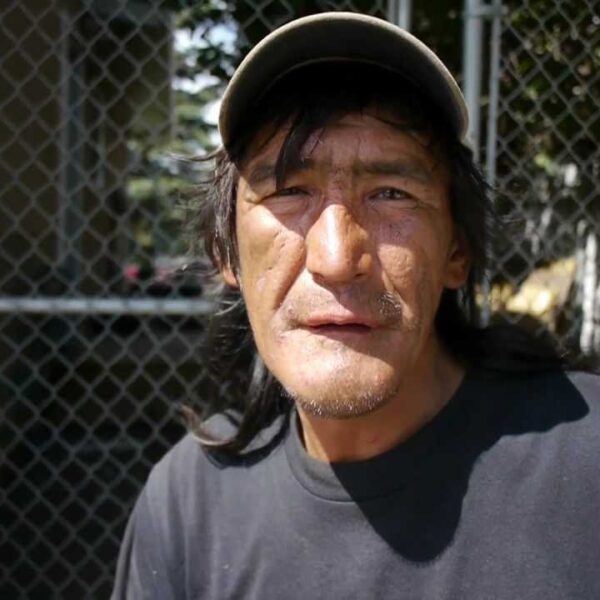Climate change is a hot topic, from the melting ice caps to the political Twitterverse. The overwhelming majority of people across the globe are recognizing signs of an environmental crisis. In fact, last week officials in Old Crow, Yukon, declared a state of emergency due to climate change. In an interview with CBC News, Dana Tizya-Tramm, chief of the Vuntut Gwitchin First Nation Chief, said, “It’s going to be the blink of an eye before my great grandchild is living in a completely different territory, and if that’s not an emergency, I don’t know what is.”
Still, there are tiny groups of people who reject the concept entirely, either seeing it as a ploy to sell products or viewing it as a tool to politicize the weather. Additionally, there is an increasing number of political figureheads who seek to evade any climate change conversation, for fear of stirring up mixed emotions.
One thing nobody can argue about is the fact that our planet is being modified before our very eyes, whatever the reason may be. Wildfires are raging. Natural disasters sweep the plains, and, in the words of Biological Diversity Magazine, “we’re currently experiencing the worst state of species die-offs since the loss of the dinosaurs 65 million years ago.” For the sake of simplicity, we are henceforth going to refer to these changes in Earth’s climate as “climate change.” Let those who wish to deny, ignore, or relabel it, do with that what they will.
The Relationship Between Climate and Housing
At this point you may be wondering, is there any link between the suffering of the planet and the suffering of the planet’s poorest inhabitants? The answer is yes, and it’s complicated.
In order to understand what all of this has to do with homelessness, we must first explore the very unique relationship between climate and housing. The weather has been coined the epitome of small talk, but in truth, it has a big impact on the quality of our lives.
Extreme weather does much to hinder productivity in big cities and small towns alike. Unexpected storms are notorious for:
- Killing crops
- Draining resources
- Driving up the price of necessities
- Ruining buildings and residences
- Causing mass-scale power outages
- Causing mass evacuations
- Taking a toll on infrastructure and education systems
- Causing displacement
For the sake of example, let’s look at Hurricane Sandy.
An intense category 3 storm, Hurricane Sandy sprouted suddenly from a tropical wave in the Caribbean Sea. The cost of the superstorm included:
- $100 million worth of damage in Canada alone
- $68.7 billion worth of damage worldwide
- More than 776,000 people displaced
- Entire industries shut down
- Some regions still struggling to return to their prior economic glory days
This storm, in particular, was brought up because it is widely believed to be directly caused by climate change. In fact, in 2012, Hurricane Sandy fueled an ongoing international discussion on the subject. However, there are countless other storms to be considered. In 2016 alone, an estimated 24 million people worldwide were displaced as the result of an unexpected natural disaster. This number is triple that of the number of people displaced by violence and conflict.
As overwhelming as the aforementioned numbers might seem, it’s important to remember that climate change isn’t just about raging storms. Global warming also contributes to:
- Altering our landscape
- Causing hotter temperatures
- Rising sea levels
- Shifting ecology as animals and insects migrate, die out, or overpopulate
- Increasing the spread and/or number of infectious diseases and much more
Shelter security and mental health are both threatened by the looming presence of climate change. These are two factors that are intrinsically tied to homelessness and poverty.
Here’s What Experts Are Saying About Climate Change
More than six years ago, award-winning climate change and economy expert Lord Stern boldly projected that climate change would cause hundreds of millions of people to become homeless over the course of the next 50 years.
His claim suggests that dying animals and harsh weather conditions will force humans and animals to migrate in search of new places to live. As we all well know, migration rarely leads to an amicable settlement.
Public relations specialist and homeless advocate Jeremy Hunka expanded on the matter further, claiming that homeless and extremely impoverished residents in Canada are already catching the brunt end of the environmental crisis. This means people who are barely escaping homelessness are now dealing with air quality deterioration and the need to prepare for superstorms with little or no finances. Meanwhile, the 3,600 homeless people struggling to stay afloat on the streets of Toronto Metro will now face inclement weather head-on, with nothing to serve as a barrier.
Canada Leads the World in Rising Temperatures Because It’s Heating Up Twice As Quickly As Every Other Country
A new report titled “Canada’s Changing Climate Report” shows that Canada’s annual temperatures are increasing at a rate that doubles every other country in the world. In terms of weather, this means more floods, more wildfires, and an increase in natural storms across the board.
Much like the snowmelt floods of British Columbia though, things are deeper still. The climate experts mentioned changing patterns for insects and animals. We are already seeing this come to fruition in British Columbia, where the heatwaves have served to overpopulate the pine beetle, causing B.C. forests to erupt in wildfire at any given time. Statistics show that by the onset of summer in 2018, British Columbia was the site of more than 560 wildfires. On August 20th of that same year, approximately 3,000 people were displaced as a direct result.
Weather shifts have also dramatically altered the culture of Indigenous people. According to the Canadian Obervatory on Homelessness, entire communities have become homeless due to climate change. Known as Climatic Refugees, one of the 12 dimensions of Indigenous homelessness, their lifestyle, food sources and relationship to nature have been greatly altered due to weather shifts.
Making the Connection: We Need the Planet More than it Needs Us
These revelations should come as no surprise. The conditions of our planet will forever be tied to the conditions of humanity as a whole. If homelessness and displacement are important to you, remember to urge your community representatives to take action regarding environmental issues. You never know whose backyard might become the site of the next ravishing wildfire or devastating superstorm.
It’s also important that we have more emergency shelters and affordable housing in place now for the future. Canada can still be saved from climate change and homelessness, especially now that we can recognize the connection.













